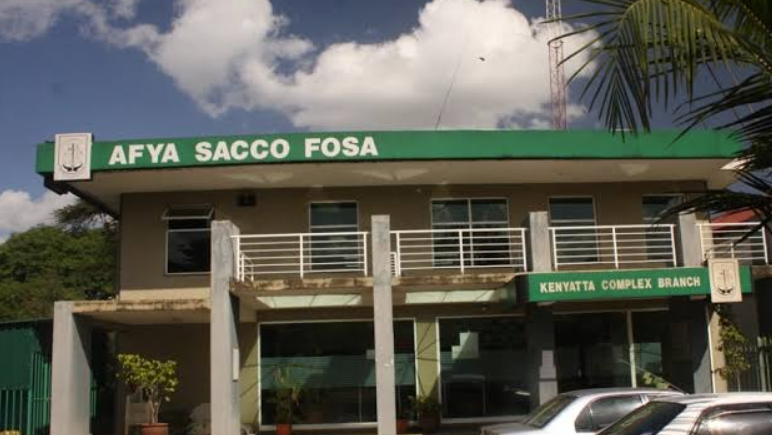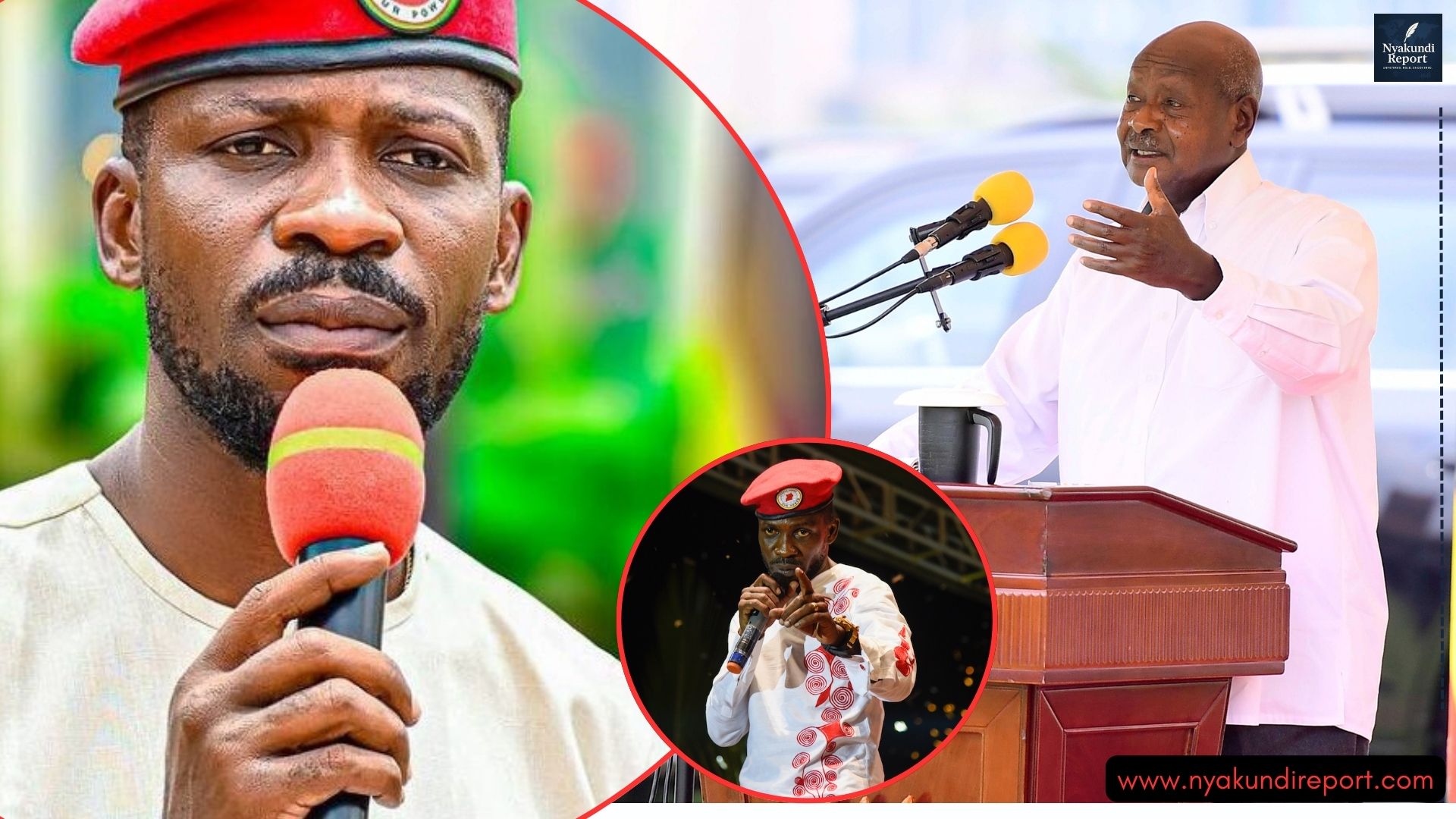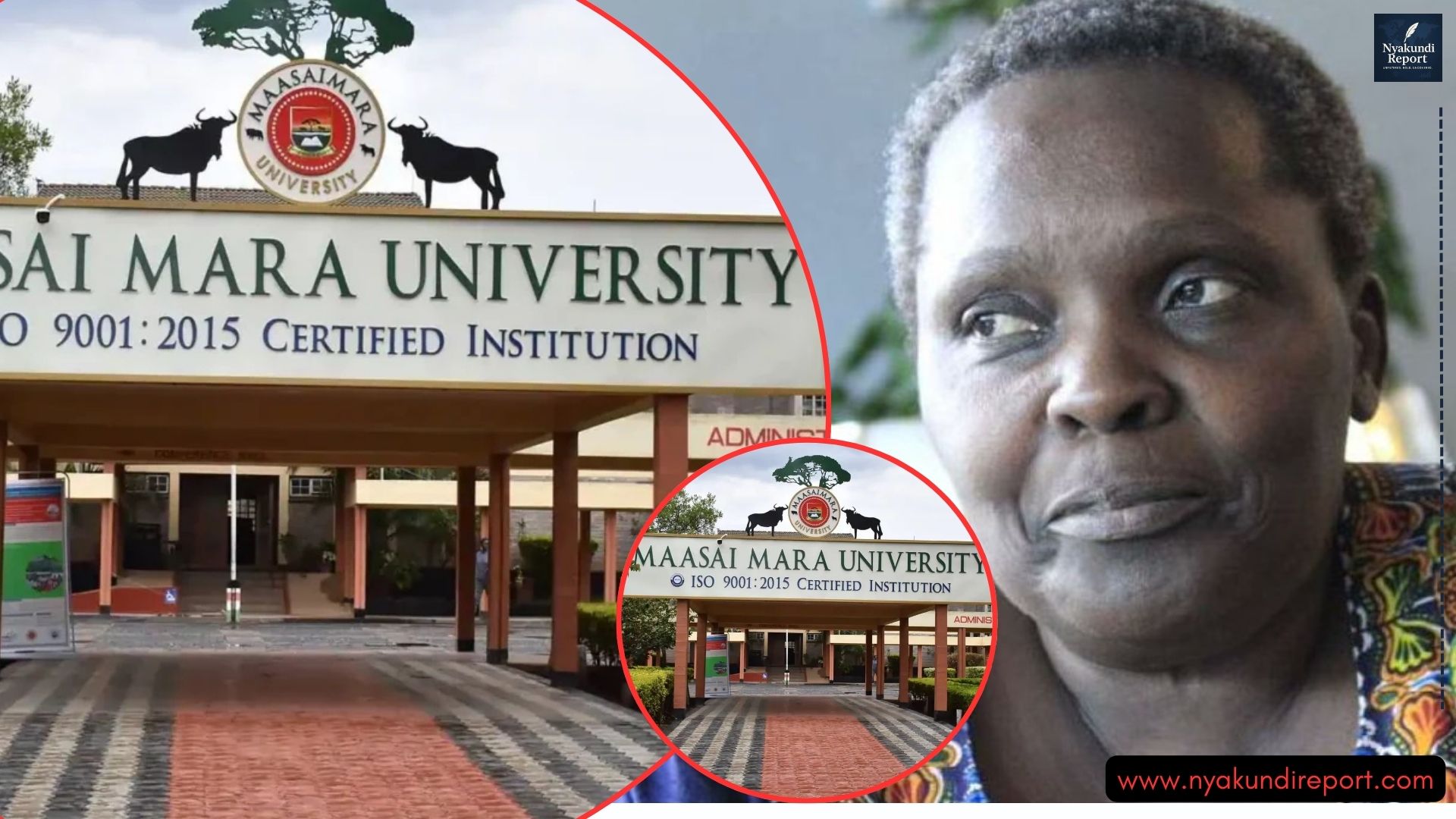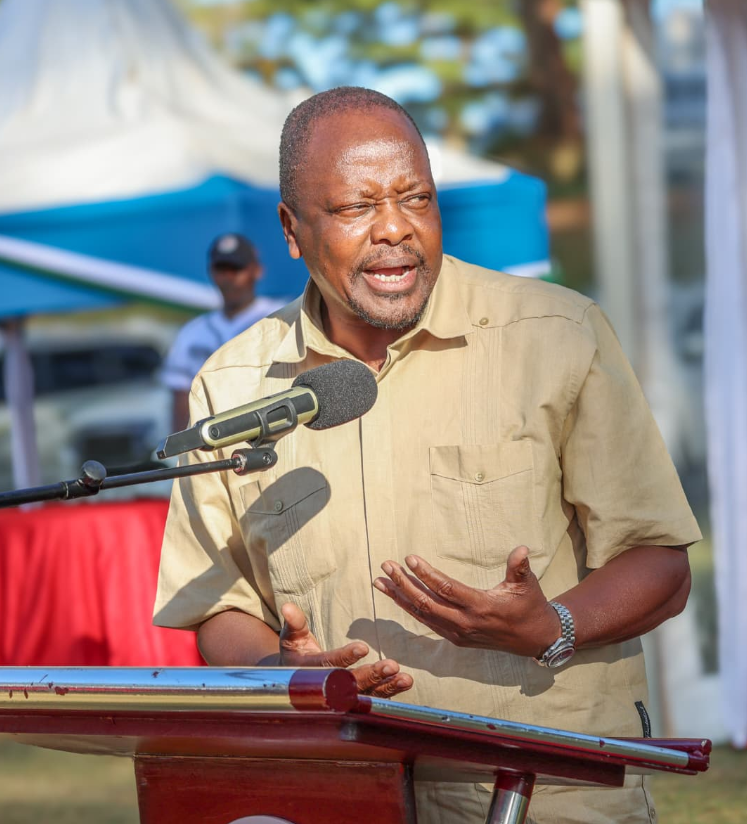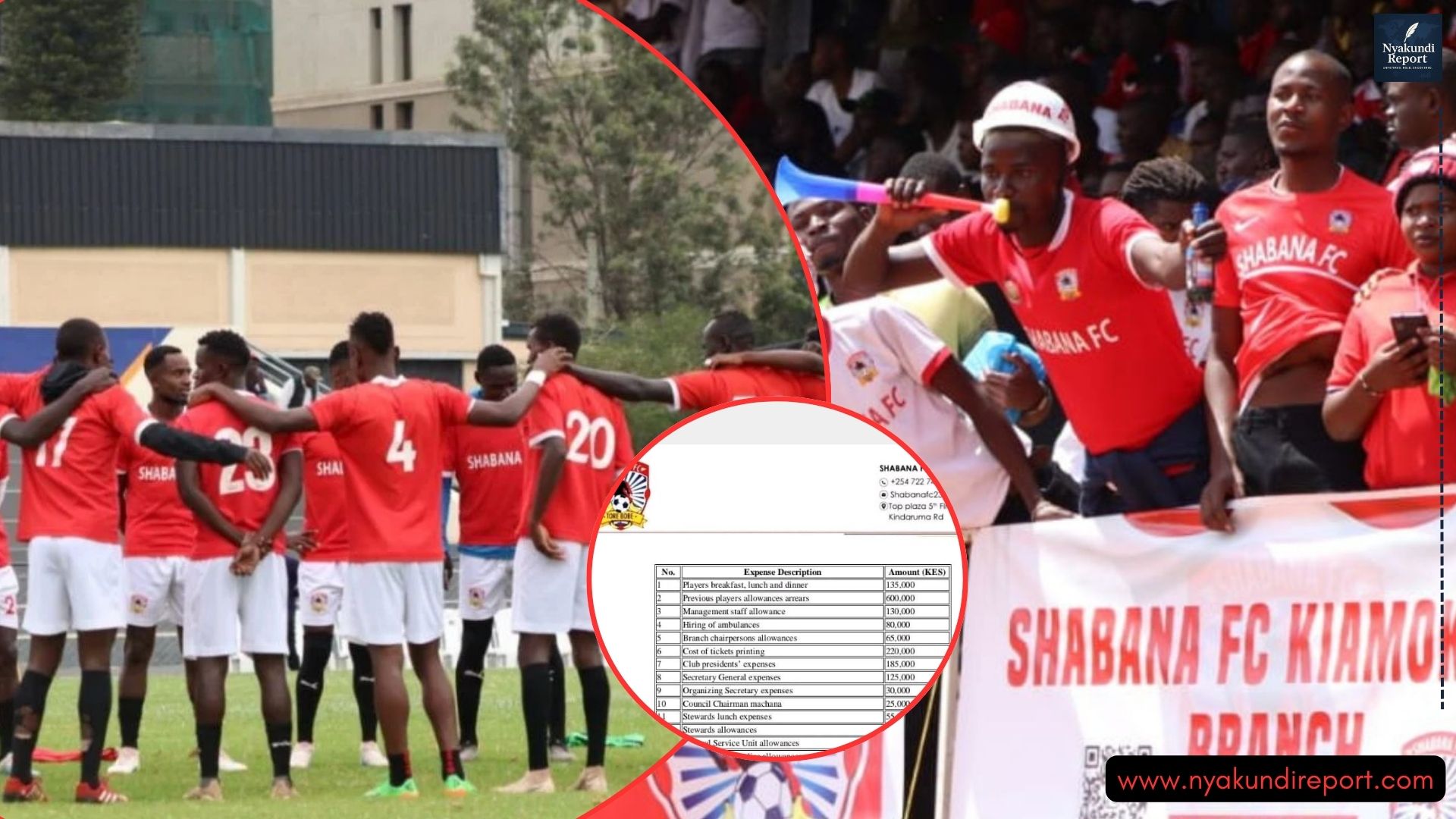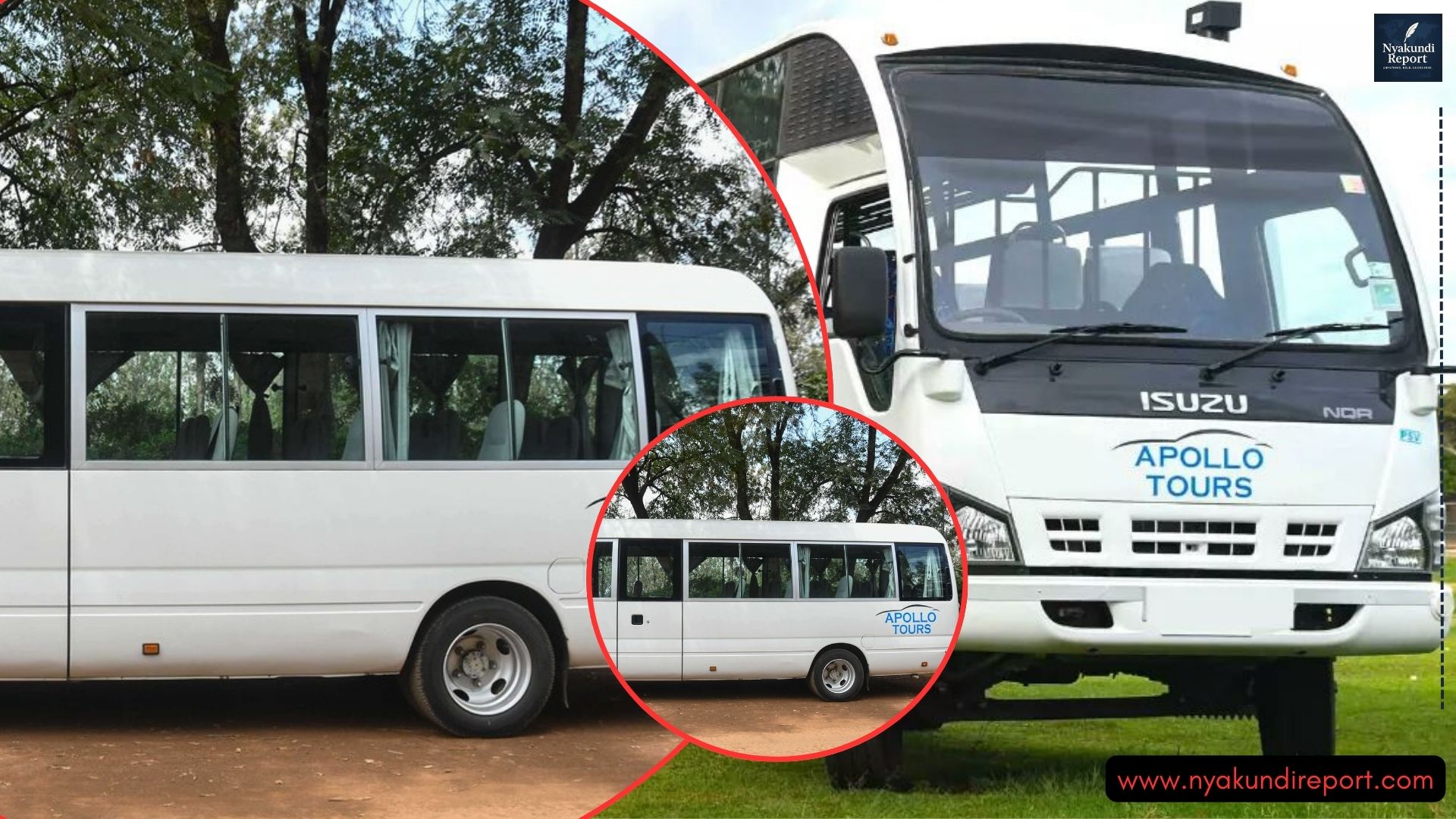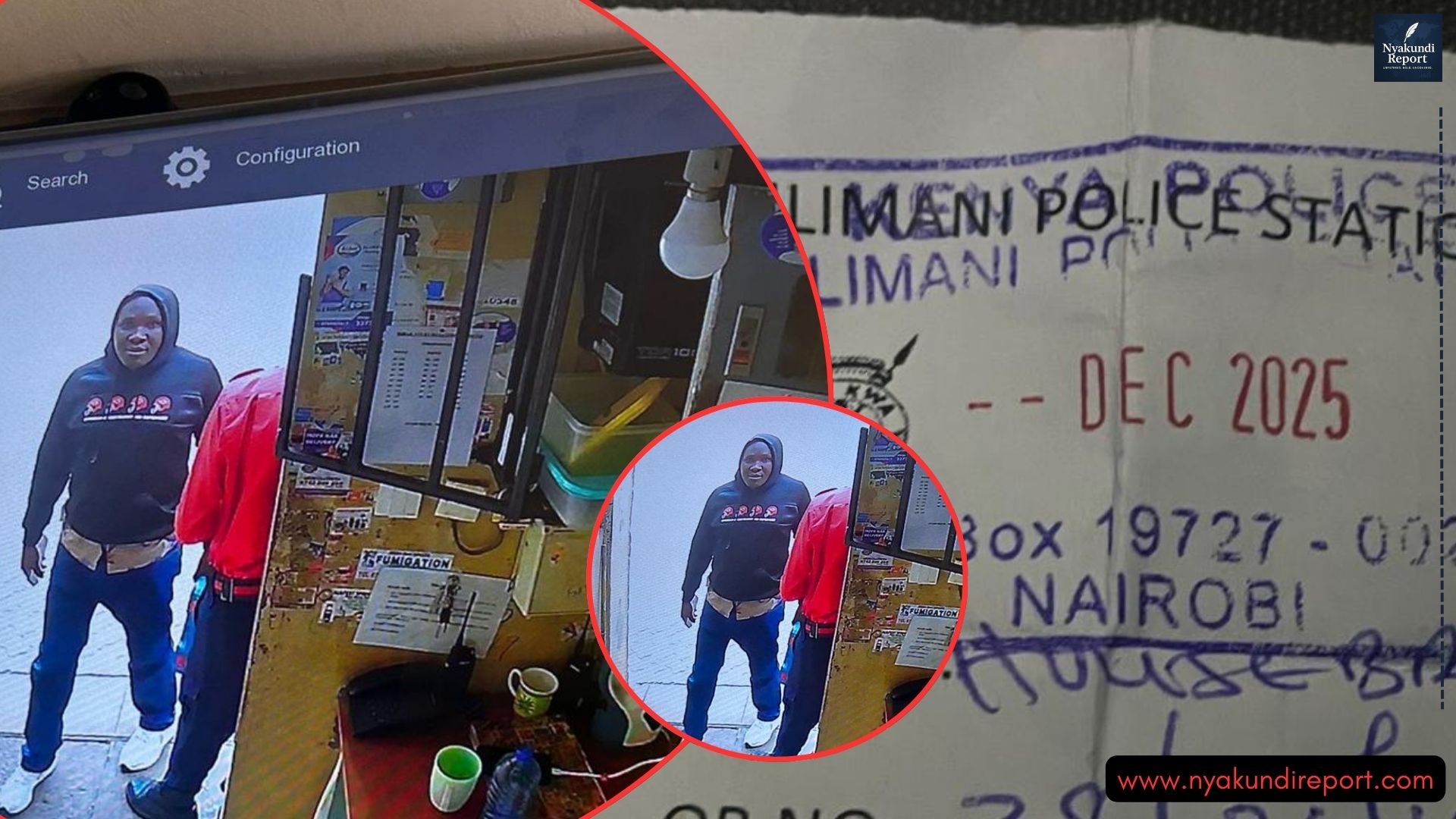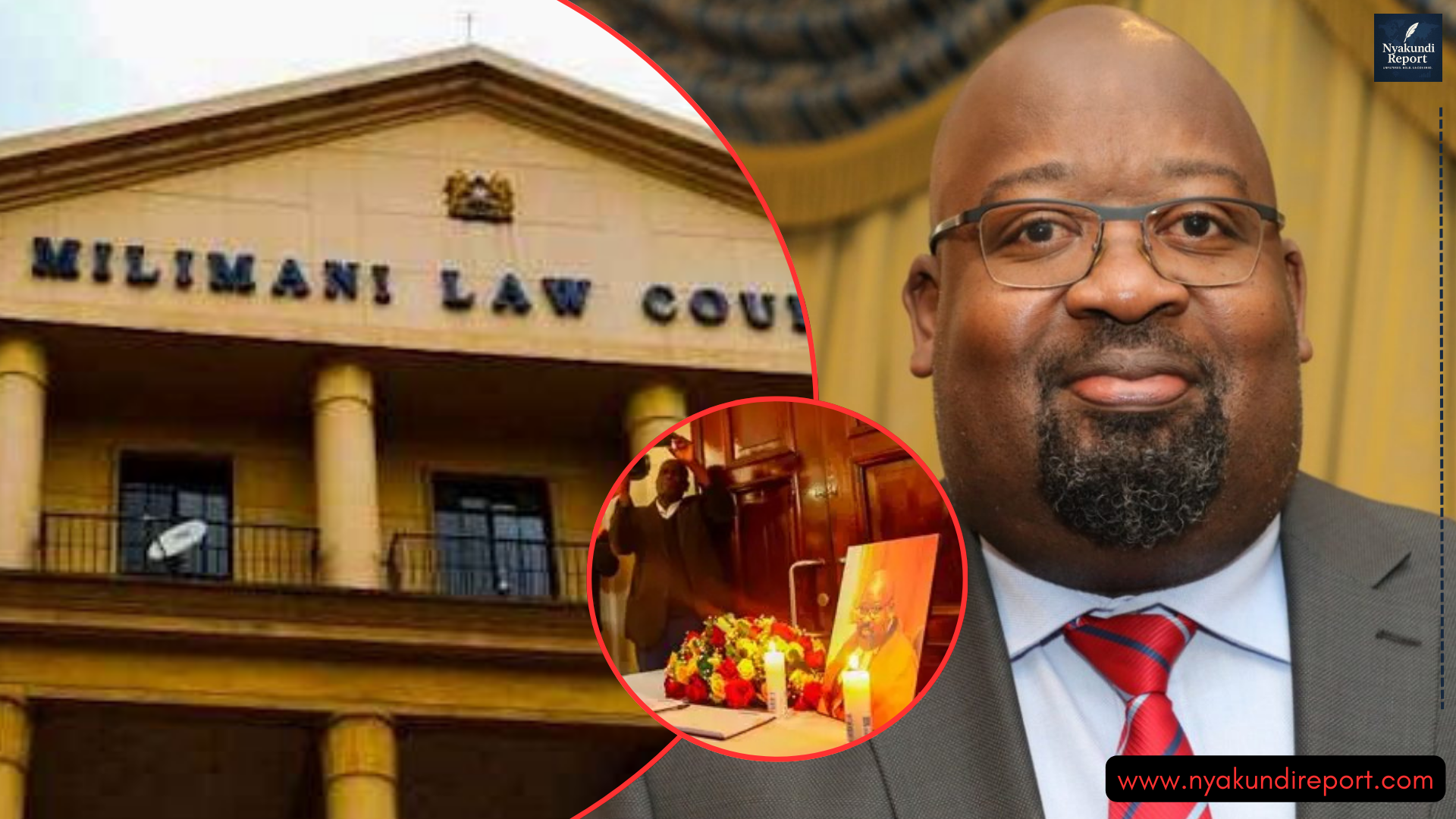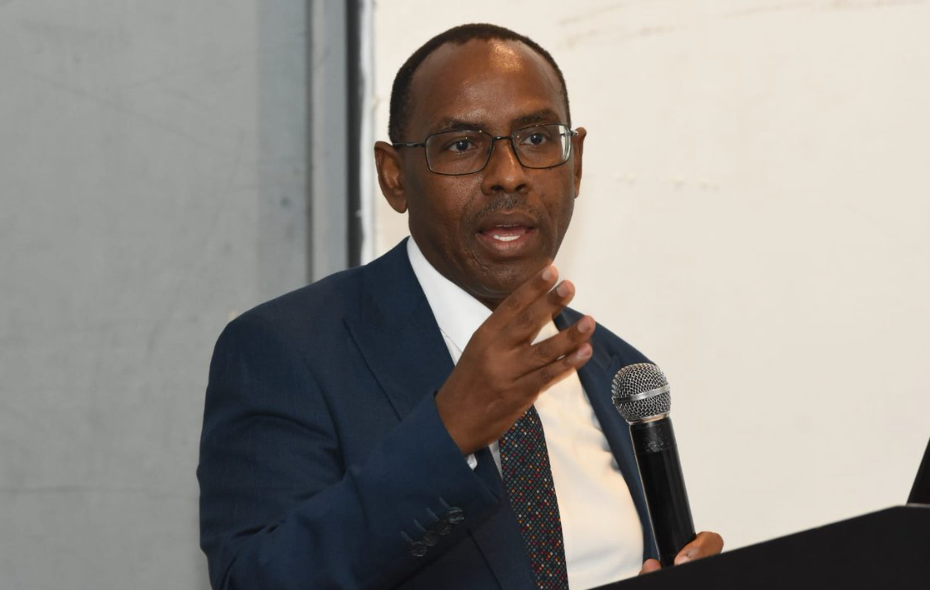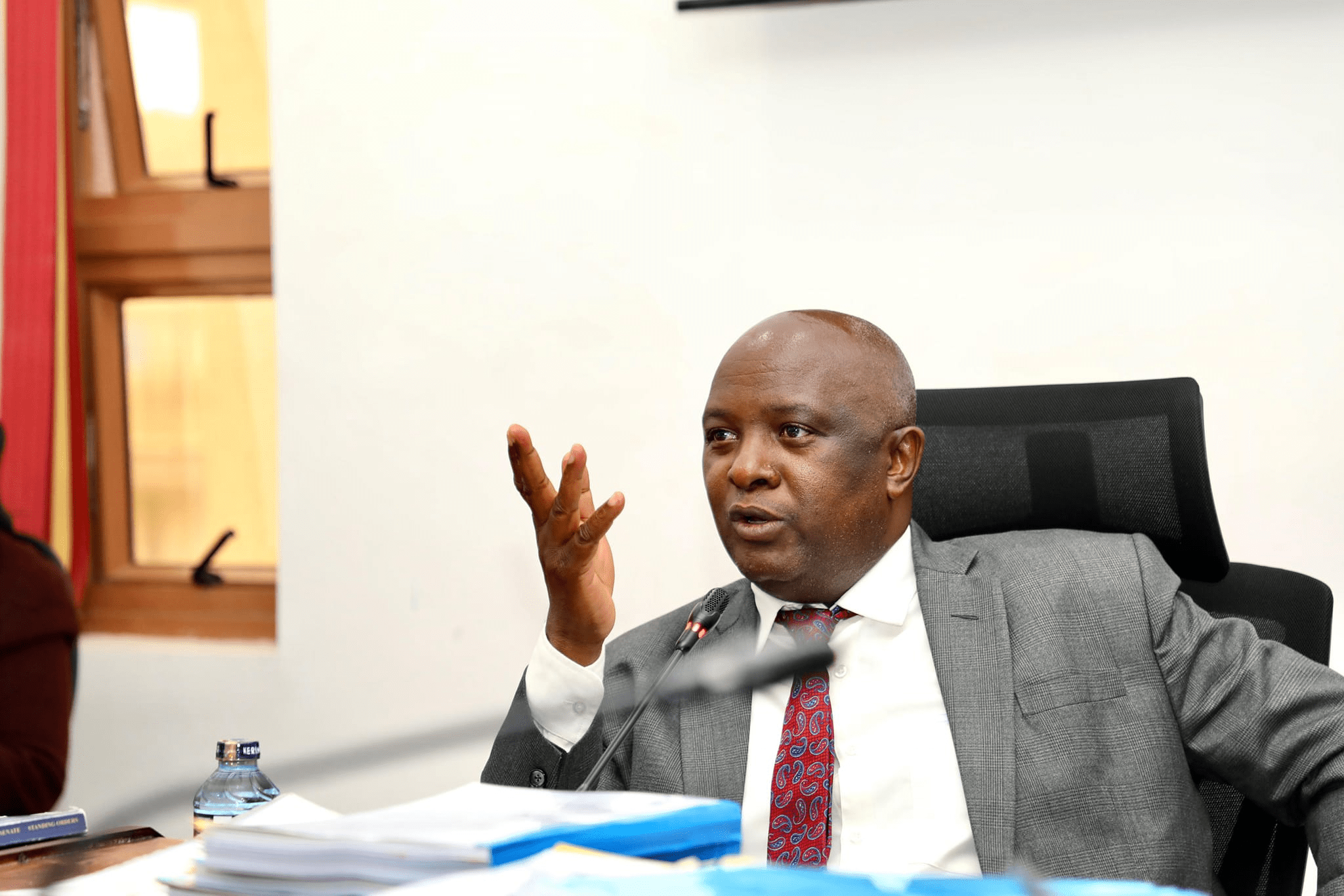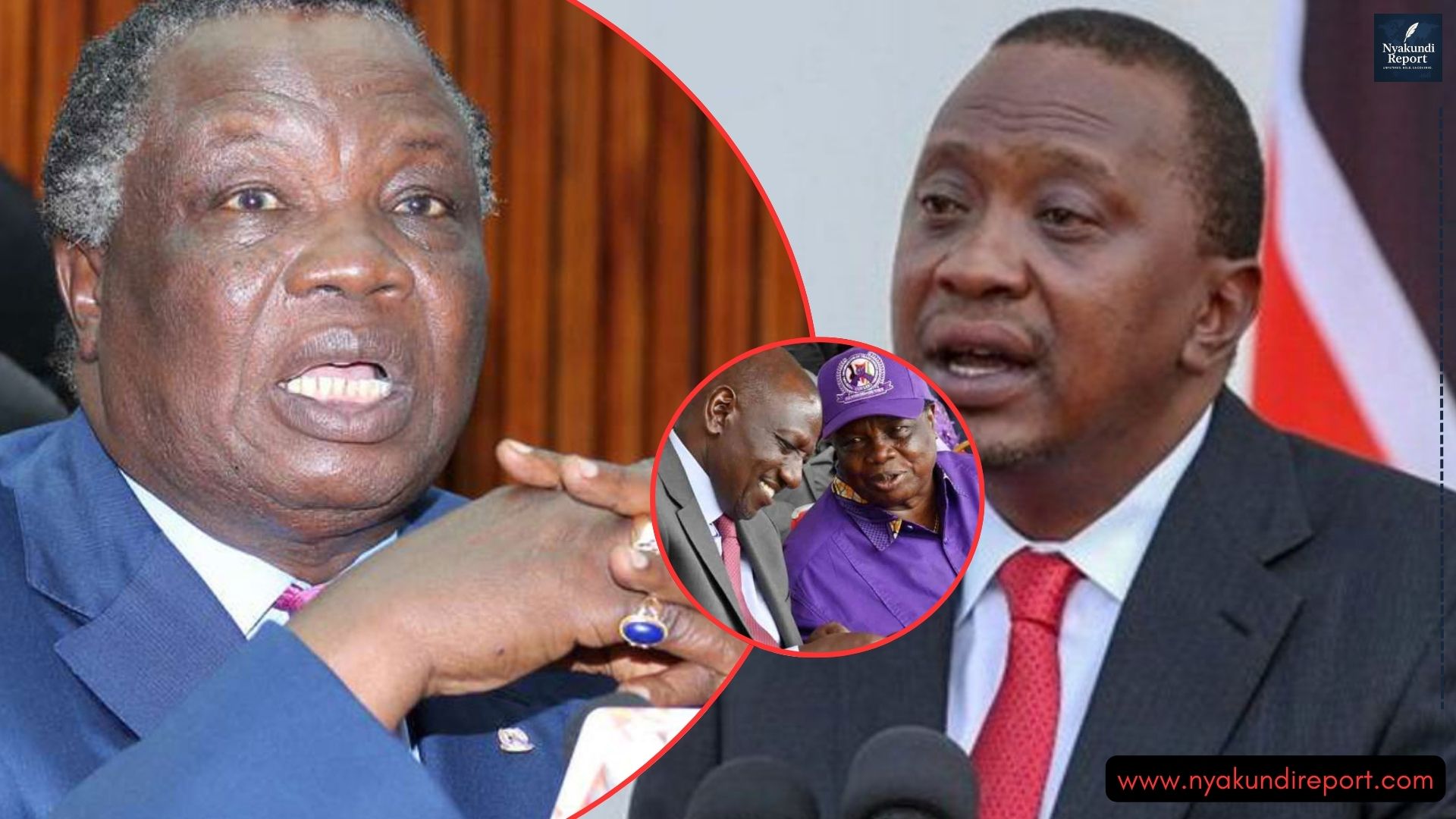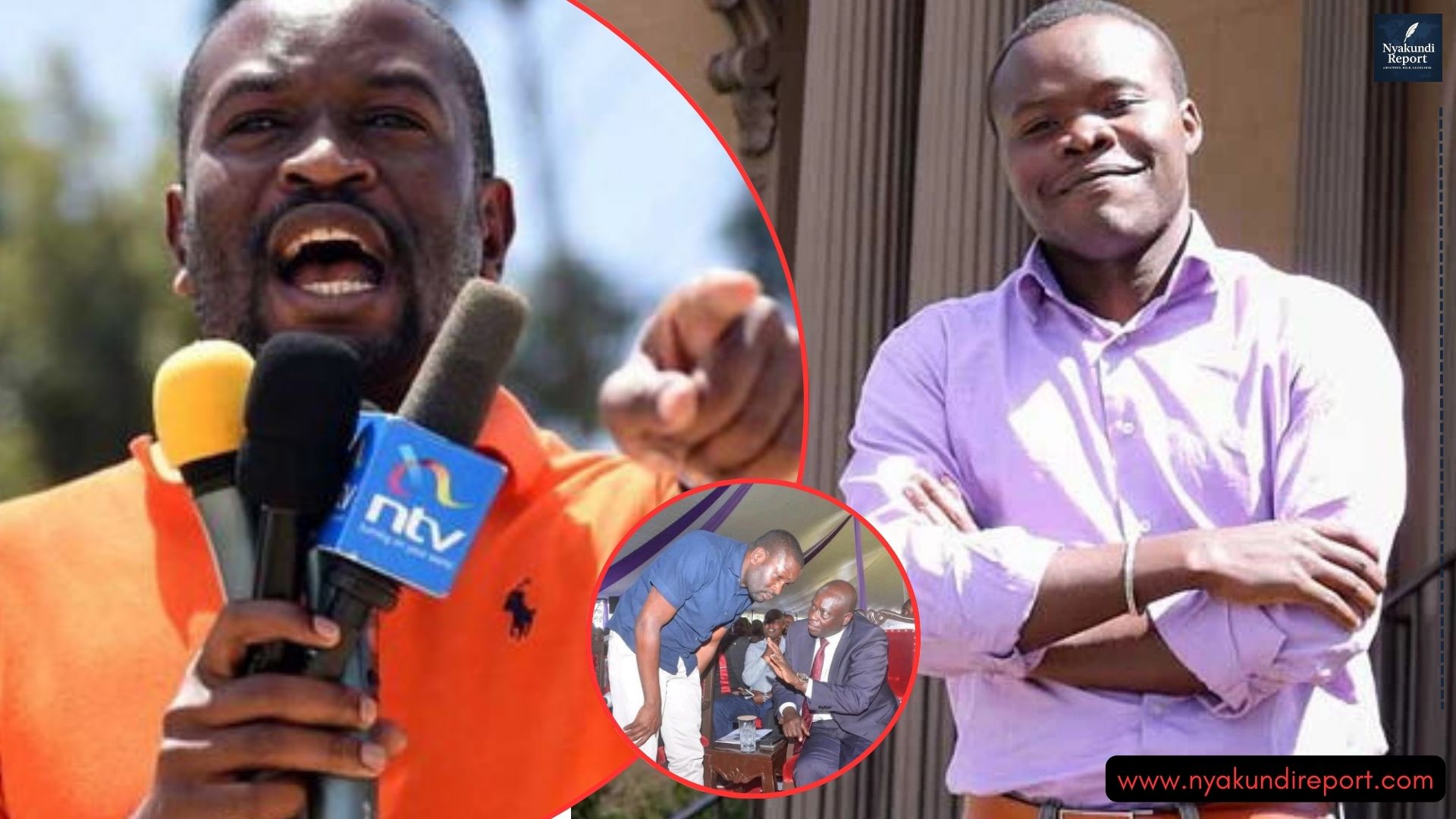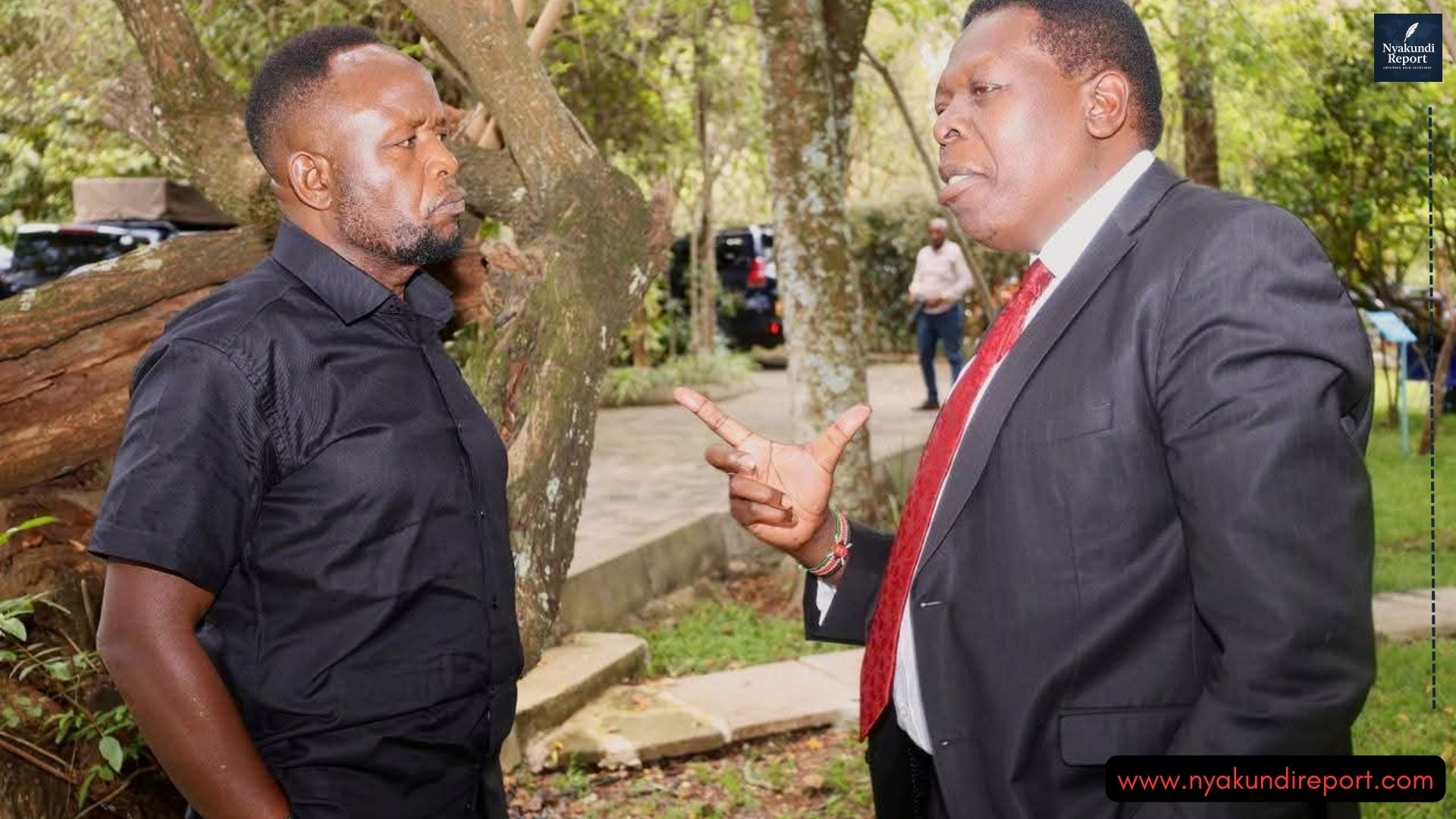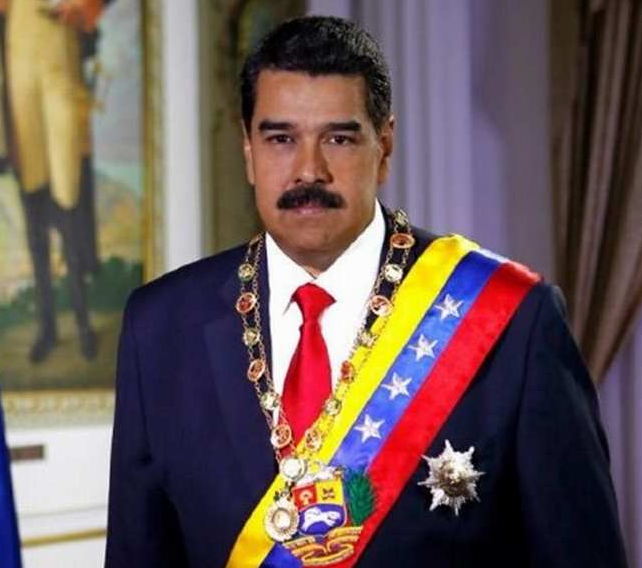Albert Ojwang, a bold and outspoken influencer on X (formerly Twitter), is now dead after being arrested by the police. According to authorities, he hit his head on a cell wall at Central Police Station in Nairobi and later died at Mbagathi Hospital.
But that story doesn’t add up. His arrest happened in Homa Bay, yet he was driven all the way to Nairobi. Why skip police stations in Homa Bay? Why not take him to the nearest hospital? Was this about justice, or was it a powerful man silencing a voice?

Albert Ojwang’s Death: Did Police Kill the Influencer to Silence Him?
Albert Ojwang’s death is a painful reminder that many Kenyans still die in police custody under suspicious circumstances. On June 7, 2025, officers from the Directorate of Criminal Investigations (DCI) arrested Ojwang in Homa Bay. Instead of booking him at a nearby station, they transported him across several counties to Nairobi — a trip of over 400 kilometers.
Police claim Ojwang was arrested for “false publication.” But they have not shown the post, the complainant, or the legal basis for such a charge. Then they say he died after hitting his head on the wall of his cell at Central Police Station.
The official statement from the National Police Service (NPS), read by spokesperson Muchiri Nyaga, says Ojwang was rushed to Mbagathi Hospital where he was pronounced dead on arrival.
But that’s not Nairobi’s nearest hospital. Kenyatta National Hospital is closer. So is Nairobi West Hospital. Why drive 16 kilometers through traffic with a man who was bleeding from the head? This isn’t just about poor judgment. It looks like a cover-up.
Who Ordered His Transfer to Nairobi?
One of the biggest questions is why Ojwang was moved from Homa Bay to Nairobi. There are dozens of police stations between the two counties. There are courts, too. If the issue was publication on social media, couldn’t he have been processed locally?
Human rights activists are pointing fingers at Deputy Inspector General of Police Eliud Langat. Some suspect he ordered the arrest due to Ojwang’s recent critical posts targeting the political elite and senior security officers.
Is this a case of police abusing power to settle personal or political scores?
Albert Ojwang had made a name for himself by exposing corruption and commenting on national issues. He had a following and a voice — one that clearly irritated those in power.
If Langat or anyone in authority saw him as a threat, they may have decided to “handle” him. Transporting him to Nairobi without cause, hiding him in Central Police Station, and then claiming he “hit himself on the wall” feels too convenient to ignore.
The decision to move him such a long distance, with no urgency, only makes sense if the goal was to keep him away from his support system — family, lawyers, and local journalists.
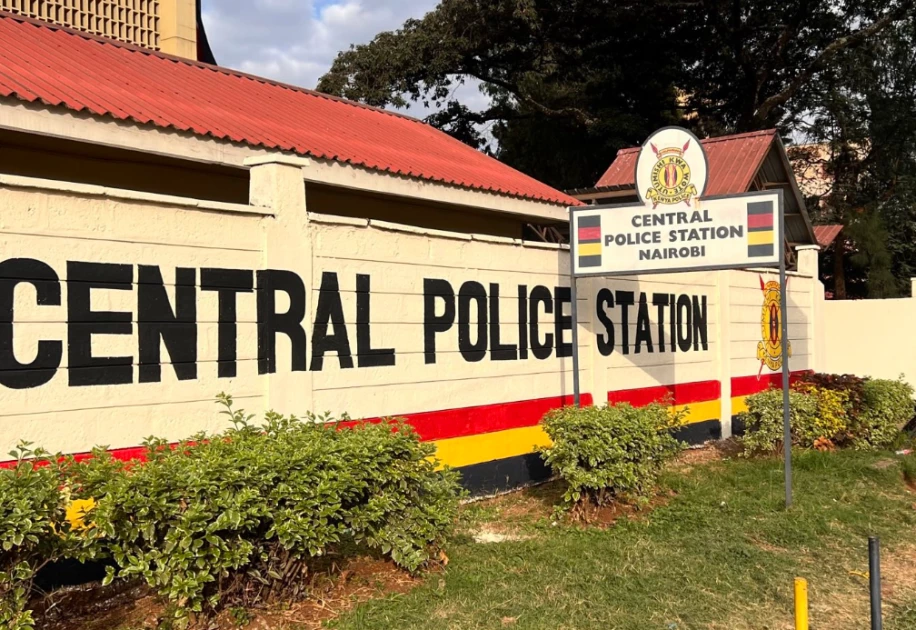
A Broken System and a Death That Cannot Be Ignored
This is not the first suspicious death in police custody, but it could be a turning point. Kenyans are angry, and rightfully so. Amnesty International is demanding a transparent investigation, led by the Independent Policing Oversight Authority (IPOA). But Kenyans have seen IPOA investigations go nowhere before.
Police brutality and abuse of power have long been part of the system. Officers often act with impunity, knowing the system will protect them. That culture must end.
The NPS wants the public to believe Ojwang harmed himself. But how can a young, healthy man die less than a day after being arrested for a non-violent offense? Where’s the CCTV footage? Who was on duty? Why was his family not informed until it was too late? Until these questions are answered publicly, this case remains not just suspicious, but damning.

